Por Consumer Reports
-
Preventive Agents or Dietary Fads?
They've been around for a while, we take them religiously, and we often count on them to stay healthy. But supplements and vitamins are not a cure-all: most have not been proved to improve or prevent conditions such as heart attacks, cancer, bone fractures, and others. Know the pros and cons of supplements in order to take advantage of them to their full potential.
Click through for a quick review of seven of the top-selling supplements, including how they’re used, known benefits, and potential risks.

What's in a name?
The word vitamin is formed by the Latin vita ("life") and amine, since vitamins were once thought to be amino acids. Although this last bit has been disproven, we are more aware than ever of the fundamental role that vitamins play in maintaining our wellbeing. There are 13 essential vitamins: A, C, D, E, K, and a group referred to as the B vitamins (thiamin, riboflavin, niacin, pantothenic acid, biotin, vitamin B6, vitamin B12, and folic acid).

Multivitamins
Often found in pill or capsule form, they contain all or most vitamins and minerals considered essential for the body to function, grow, and develop. Multivitamins are usually consumed to promote general health and prevent chronic conditions such as cancer and cardiovascular disease.

The Evidence Says...
Although they have proven successful in preventing nutrient deficiencies in specific groups such as pregnant women, clinical trials have shown little benefits for healthy people. It is possible to overdose on certain nutrients such as vitamin A and calcium, which many multis contain, but this is a rare occurrence.

B Vitamins
This vitamin group is fundamental for maintaining healthy metabolism and, consequently, ensuring and boosting energy levels. Research suggests that a balanced diet provides plenty of the B vitamins—including B1 (thiamine), B2 (riboflavin), B3 (niacin), B6, B12, and folic acid—for most people.

The Evidence Says...
While we can get enough vitamin B from food, there are some exceptions. Vegetarians, people who have trouble absorbing B12, and women who are or may get pregnant and should take a prenatal vitamin for extra folic acid. Before taking a folic acid supplement, B12 levels must be checked: high doses of folic acid can mask a vitamin B12 deficiency, which could lead to anemia, weakness, muscle cramps, and loss of balance if left untreated.
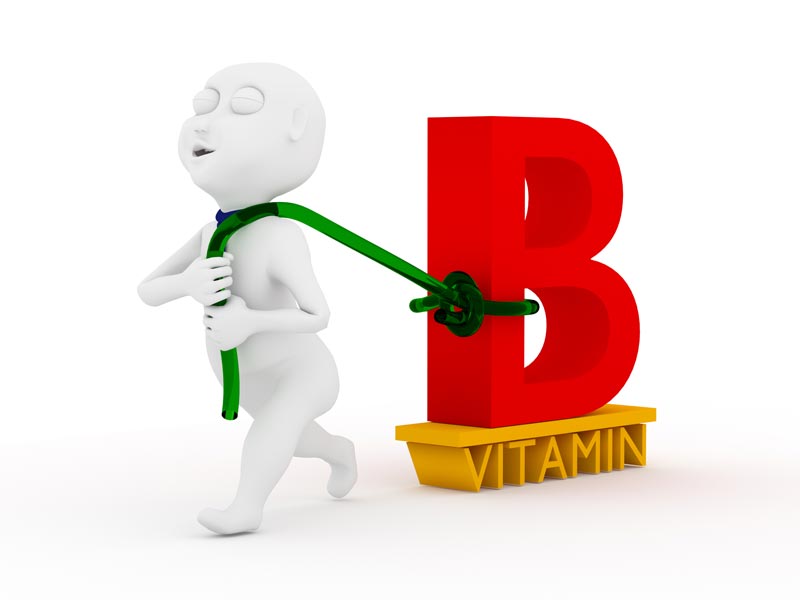
Vitamin K
Known primarily for its antihemorrhagic properties, vitamin K gets its name from the Danish word Koagulation, meaning clotting. True to its etymology, this vitamin is necessary to promote healthy blood clotting and protein synthesis. Leafy greens and other vegetables provide most people with all of the vitamin K they need, but even if you don’t eat veggies, the vitamin occurs naturally in your body: the “good” bacteria in your intestines are responsible for its production.
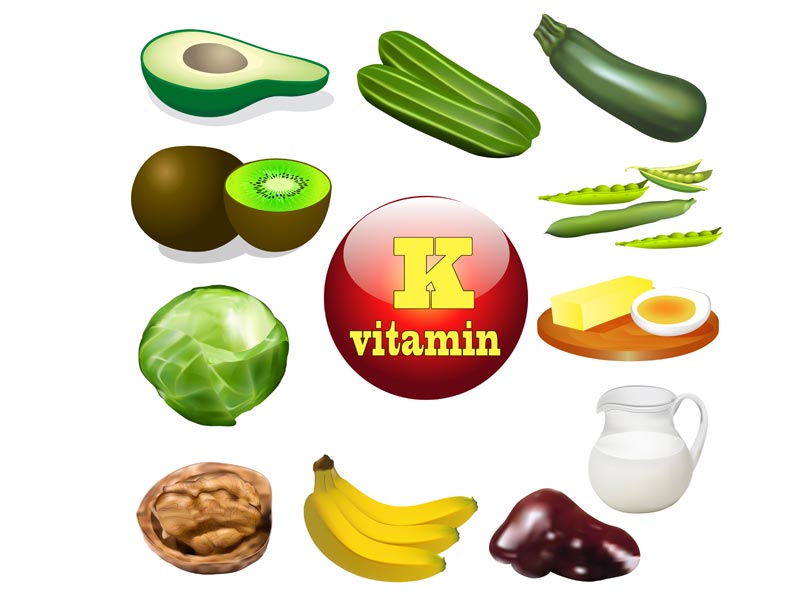
The Evidence Says...
Despite the vitamin's popularity, there is no clear evidence that supplemental doses prevent cancer. If you are taking blood-thinning medication such as warfarin (including Coumadin and generic versions of the drug), avoid high doses of vitamin K: surplus amounts of the vitamin may counteract the effects of these drugs, which work to treat existing blood clots and prevent new clots from forming. Those who suffer from high blood pressure or other heart diseases should talk to a doctor about the proper amounts of vitamin K to include in their diet.

Fish Oil
Eating two or more servings per week of oily fish, such as salmon or sardines, is linked with a lower risk of heart attacks and strokes. Fish oil supplements are derived primarily from mackerel, herring, sea lion, whale fat, and albacore tuna because they have high contents of fatty acids, which can serve as blood thinners and prevent blood clotting. For this reason, fish oil is used for heart and circulatory disease.
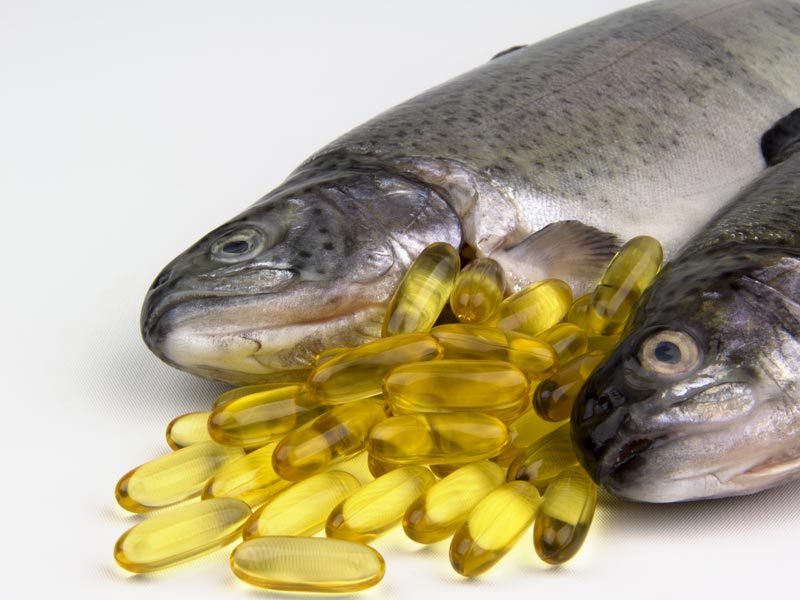
The Evidence Says...
The latest evidence suggests that fish oil pills don’t offer the same protection as consumption of oily fish, even for people at risk for heart disease. Always ask your doctor before starting fish oil supplements, especially if you are taking anticoagulant drugs such as heparin or warfarin.

Calcium
Calcium is the most abundant mineral in the human body. It is found in particularly high amounts in teeth and bones and serves to prevent osteoporosis and fractures. Normal absorption of calcium is linked to adequate levels of vitamin D, the deficiency of which could be the culprit for low calcium in the body.

The Evidence Says...
According to the U.S. Preventive Services Task Force, there is insufficient evidence to show that calcium supplements prevent fractures in either premenopausal or postmenopausal women who take more than 1,000 milligrams per day. Additionally, there is contradicting information linked to the use of calcium to prevent cardiovascular disease: while some studies point to the mineral's preventive properties when consumed in adequate amounts, others warn of increasing cardiac disease rates among people consuming high quantities of calcium, especially in the form of supplements.

Vitamin C
Also known as ascorbic acid, vitamin C is a key player in tissue growth and healing. It is mainly associated with cold prevention, and while it can certainly be used to prevent or treat colds, the vitamin also protects against cancer and heart disease.

The Evidence Says...
Findings show that people who eat foods high in vitamin C appear to have lower rates of heart disease and some cancers, but studies of supplements have for the most part failed to show any significant benefits. While 200 milligrams or more per day could improve cold symptoms in senior and smokers, high doses of vitamin C can boost iron absorption and thus worsen cases of hemochromatosis—a condition otherwise referred to as "iron overload" which causes excessive accumulation of iron and subsequent malfunctioning of vital organs.
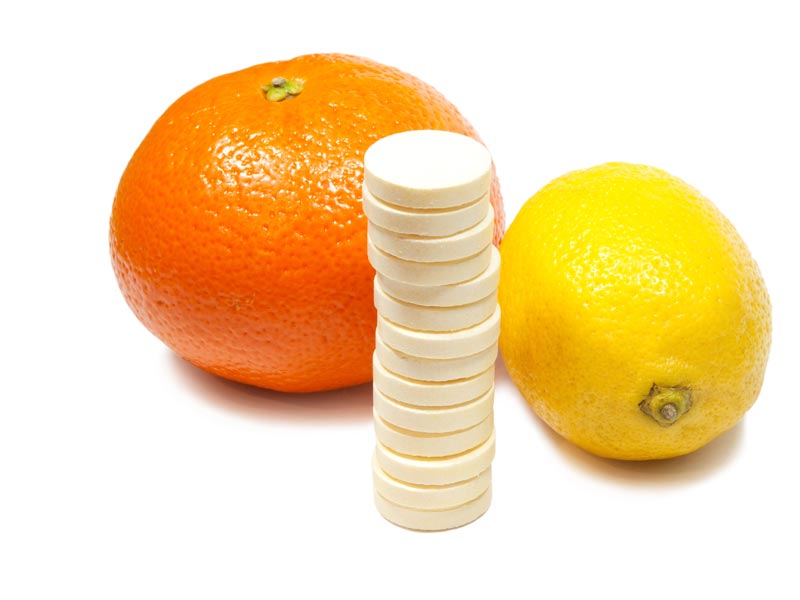
Glucosamine/chondroitin
While both glucosamine and chondroitin occur naturally in the body, supplements that combine the two are commonly used to treat arthritis. Since some glucosamine supplements may derive from shrimp, crab, and other shellfish, those with allergies should be cautious: consumption of glucosamine supplements could lead to serious and potentially life-threatening allergic reactions.
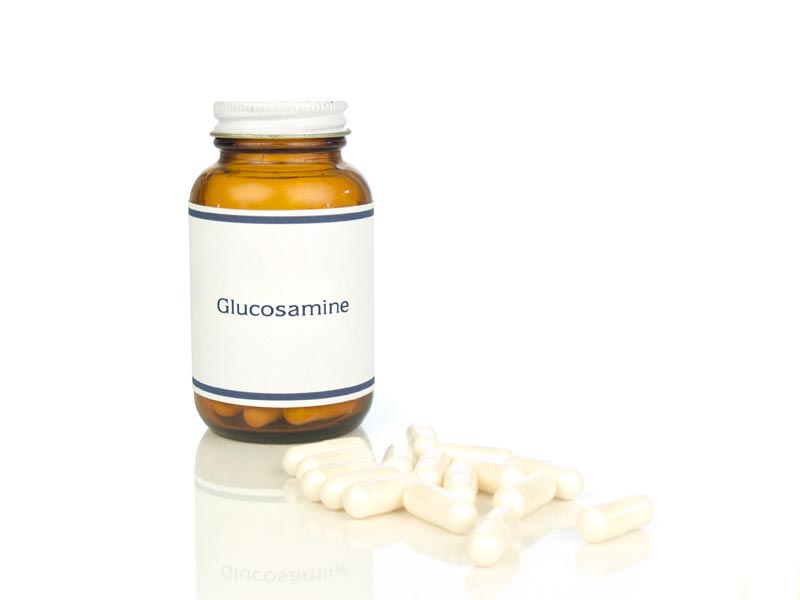
The Evidence Says...
The supplements helped some people with osteoarthritis in a major 2006 clinical trial, but when results were averaged over two years, they were not significantly better than a placebo at slowing the loss of cartilage. More recently, a 2014 study showed that glucosamine did not help relieve knee pain or slow down cartilage loss in patients with osteoarthritis.

Addicted to Vitamins
According to the United States Centers for Disease Control and Prevention, 53% of adults in the United States take vitamins or other supplements regularly. One out of four young children takes a supplement, and findings indicate that consumption increases with age. The biggest risk seems to be the misconception that supplements are a replacement for a balanced and varied diet.
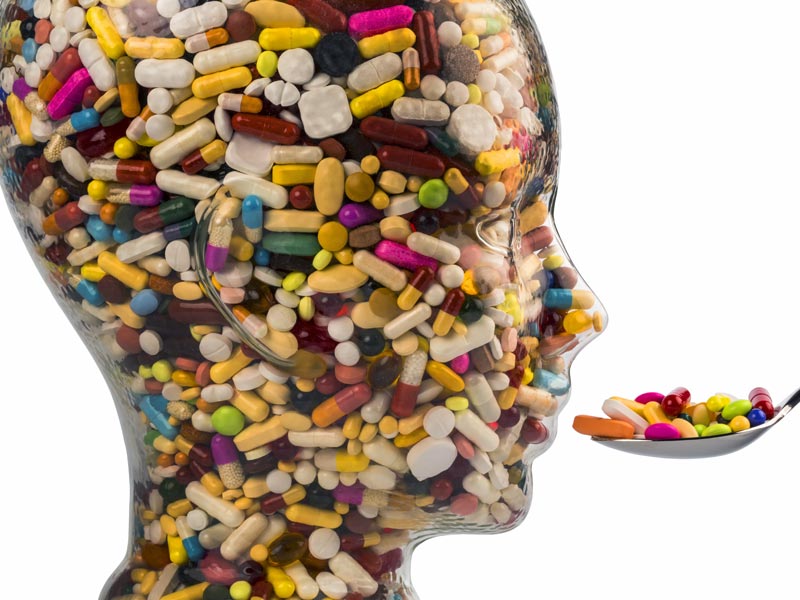
Should I Take a Supplement?
The United States Dietary Guidelines state that most nutrients should come from food. A rich and varied diet is the best source of vitamins and minerals as well as dietary fiber and other beneficial substances. Supplements are suggested only to compensate for deficiency of a specific vitamin or mineral due to a medical condition.

